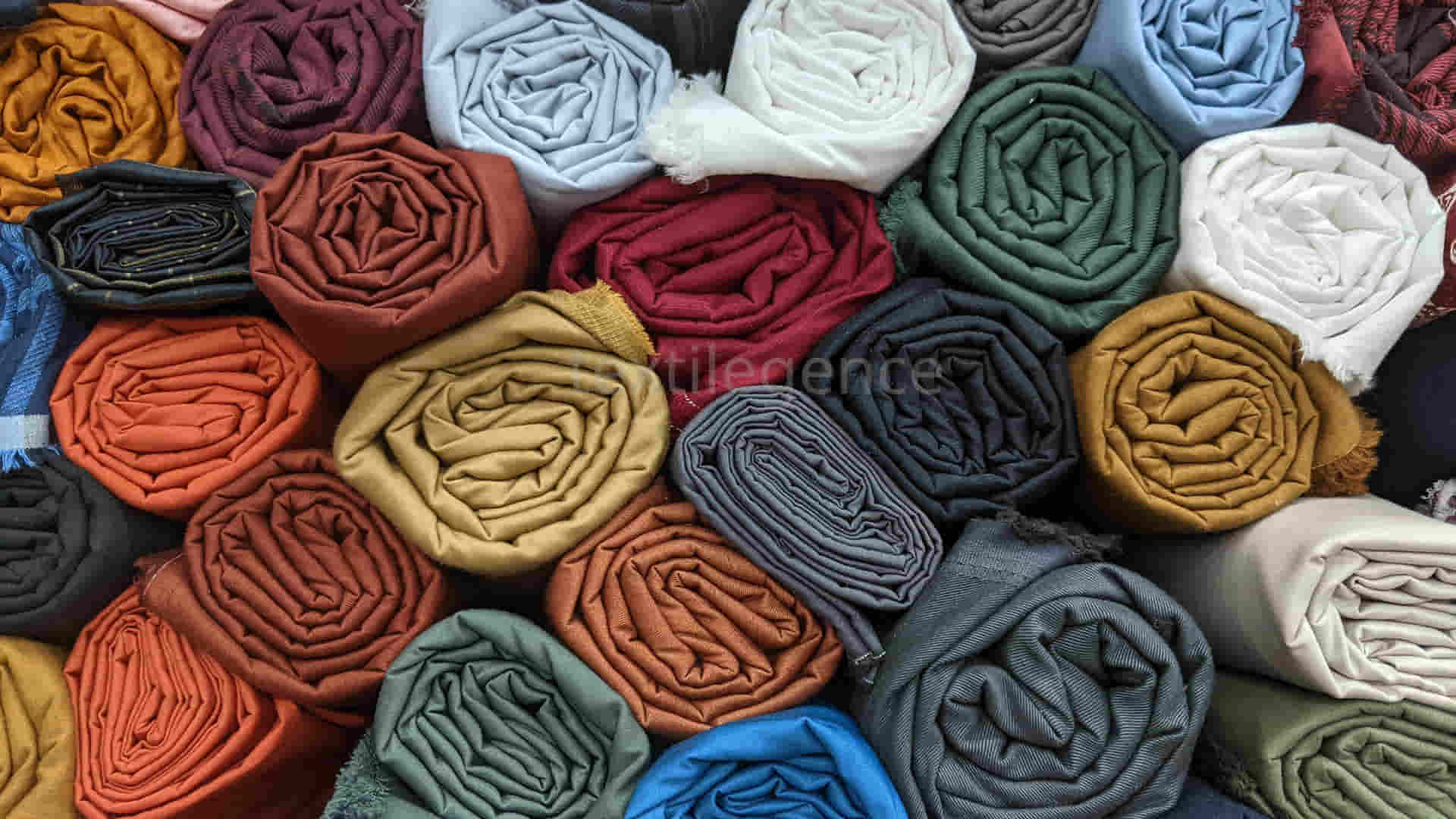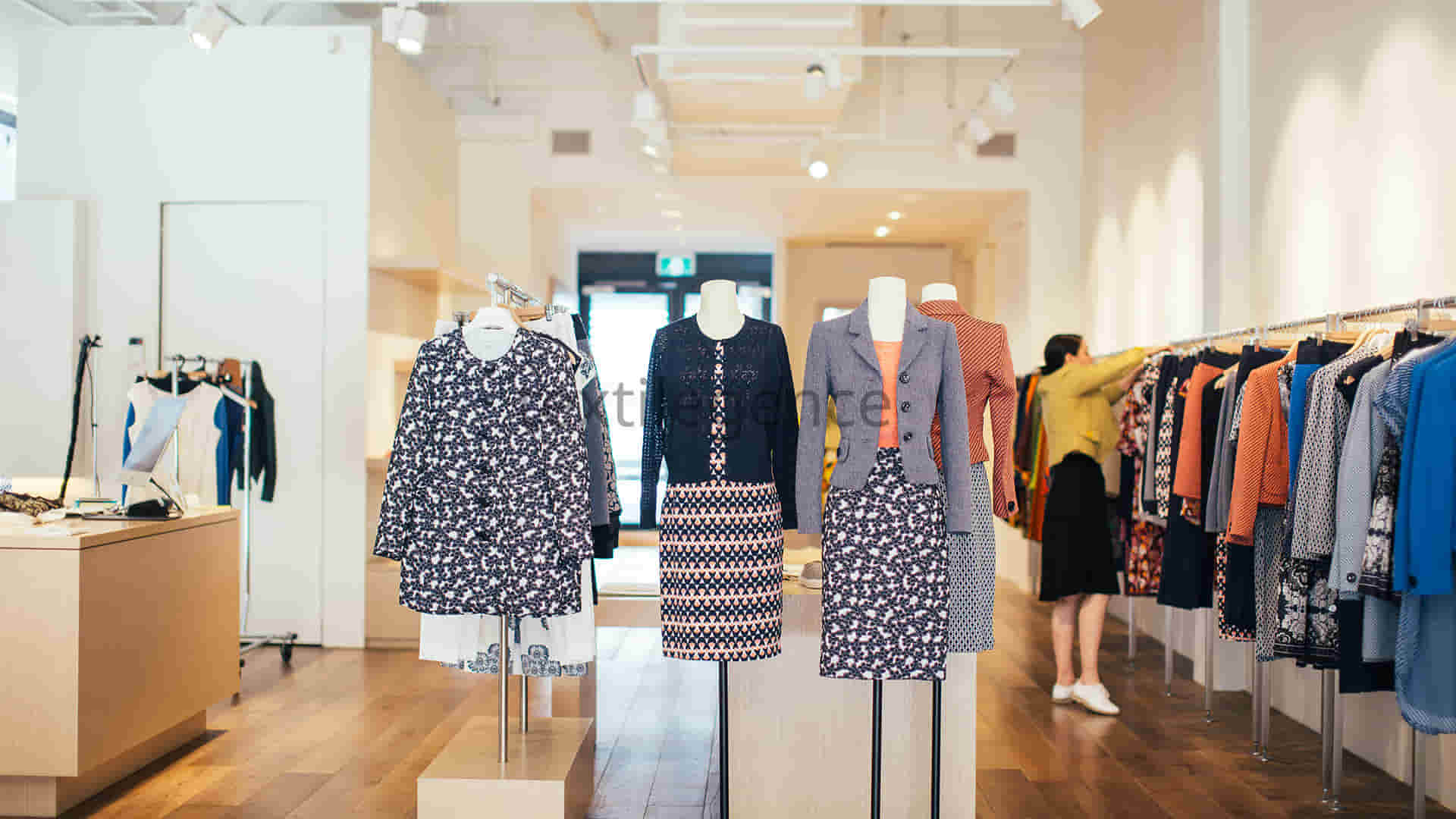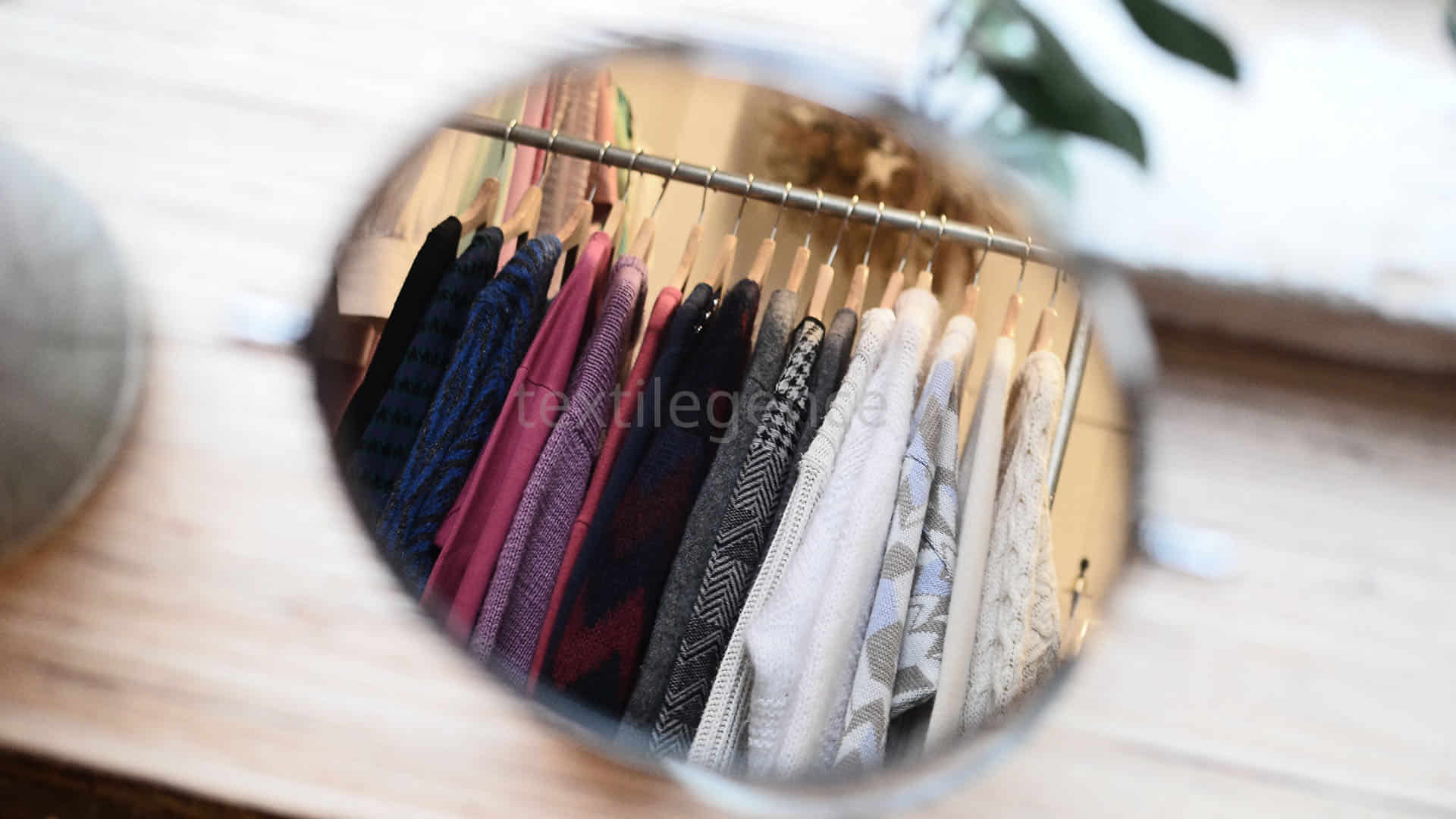The Turkish textile industry, facing a tough test in 2023 with the contraction in European markets, high inflation, increasing production costs and exchange rates, expects a positive outlook, especially in the second half of 2024. The sector managed to maintain its market share despite the decline in export figures and employment in 2023. While the importance of support and incentives is emphasised to increase the momentum again in the new year, it is stated that companies should transform themselves in terms of branding. Focusing on new markets this year, the sector will support the development of exports with the trade delegations it organises.
TIM (Turkish Exporters Assembly) President Mustafa Gültepe, announcing Türkiye’s general exports in 2023 and 2024 expectations, stated that Türkiye exported 255.8 billion dollars in 2023 increasing its share of global exports from 1.02 percent to 1.06 percent. Noting that automotive is the export champion with 35 billion dollars, he reminded that chemicals ranked second with 30.5 billion dollars and garment and apparel ranked third with 19.2 billion dollars. Indicating that the success achieved despite the contraction in the markets and the loss of competitiveness of some sectors due to high costs in the country, he disclosed: “We see that garment, which ranks third among the sectors with the highest exports, has lost markets in 39 countries and steel, which ranks fifth, has lost markets in 43 countries. Despite the market losses, the export figure we achieved in 2023 gains a bigger meaning.”
TIM, creating the road map for a total of 402 billion dollars of goods and services exports in 2024 and aiming to start the second hundred years of the Republic with a record, will focus mainly on major markets such as the USA, China and India in 2024.

Turkish textile industry lost 10 percent in 2023
Speaking to Bloomberg HT channel, Chairman of the Board of Directors of Istanbul Textile and Raw Materials Exporters’ Association (İTHİB) Ahmet Öksüz said that they closed the year 2023 below their targets and continued: “Until 2023, we had always come by announcing records in exports. Just as the textile side, we closed the year 2022 with 12.9 billion dollars. We suffered a loss in 2023 and we suffered a loss of around 10 percent.”
Remarking that the contraction in the market also had an effect on these results, Öksüz continued his words as follows: “What consoled us was that we maintained our market share. Last year, especially the European market, our biggest market, contracted by 17.6 percent. We lost 1 billion dollars from there. As textile industry and garment sector, we dropped from 30 billion dollars to 28.5 billion dollars”. Saying that 2023 was a difficult year, he signalled that this year will not be easy either. He pointed out that their own foreign currency-based costs have increased since the increase in exchange rates is far below the inflation and wage increases, underlining that wage increases have a very important share in cost increases, especially since they are a labour-intensive sector. He added that there is an increase of approximately 10 percent in costs.

Is the regional minimum wage model a solution to the decline in employment?
Drawing attention to the fact that the minimum wage cost of the employer in foreign currency is approaching one thousand dollars today, Ahmet Öksüz noted that this has also caused losses in employment and that employment figures have decreased from 1 million 300 thousand to 1 million 100 thousand. He mentioned the importance of the regional minimum wage issue, which is brought to the agenda from time to time, saying: “We need to position the labour-intensive sectors, especially in the districts. We have big districts in Anatolia. The labour force is still available there. In these places, work can be done very easily, and employment can be created with a model below the normal minimum wage. You should have a reason to take the employer there”. Highlighting that it is necessary to put the regional minimum wage on the agenda again, he disclosed; “To protect employment, at least in labour-intensive sectors, I think we should not postpone this.”
“We expect the second half of 2024 to be better”
Ahmet Öksüz reminded that Türkiye is an important partner for Europe with its geographical proximity and speed of supply, indicating that the increases in freight charges from the Far East to Europe and the West have actually started to create a positive demand for them. He continued his words as follows: “Of course, a very fast recovery would be a bit too optimistic, but we expect the second half of 2024 to be better. This, for sure, also depends on the developments outside and the revival of the market in the West.”
Referring to the need for companies to undergo a transformation on the other hand, he remarked that the textile industry 10-20 years ago was very different from today’s textile industry and that it will be different 10 years from now. In this regard, he emphasised that it will be necessary to focus on branding a little more.
“Türkiye should maintain its competitiveness to develop in exports”
Saying, “Even though our main market is Europe, we care about new market openings,” Ahmet Öksüz pointed out: “In this sense, we are already organising trade delegations as İTHİB. This year we are organising trade delegations to countries such as Mexico, Colombia and Australia. These are new markets for us. We organise buying delegations from these countries. Although we see that exports are shrinking, there are countries where we have increased our market share in exports. We will concentrate a little here. New markets are also important for developing our exports.” He noted that they want to develop exports like everyone else and emphasised the effect of competitiveness at this point drawing attention to the importance of exchange rates in this sense.


